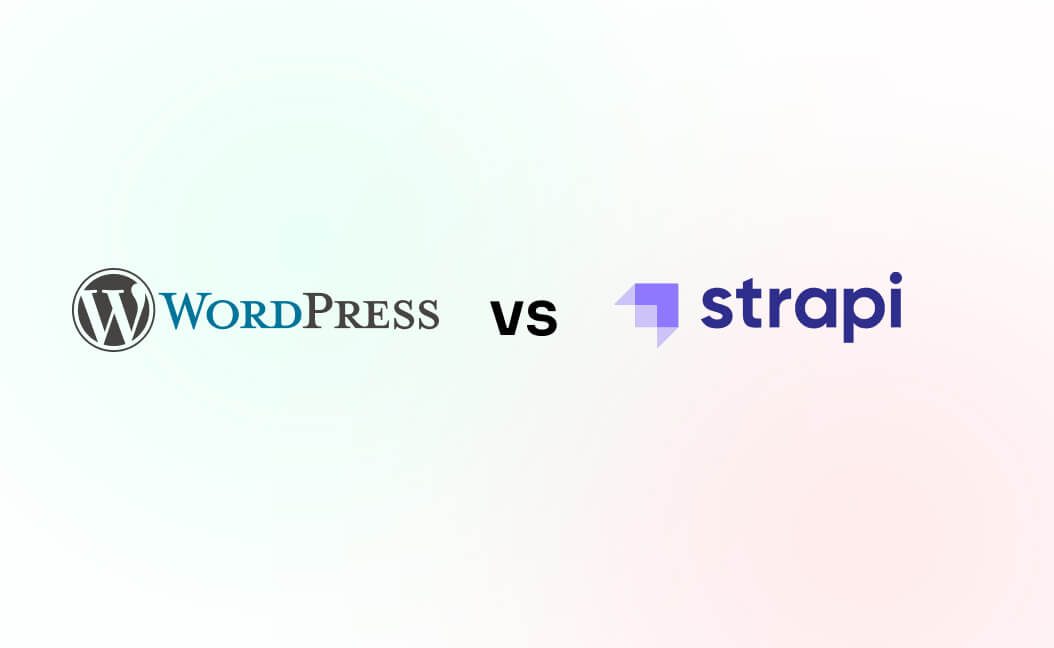When it comes to web development, choosing the right platform is crucial for creating a successful and scalable website. Two popular options in the world of content management systems (CMS) and development frameworks are WordPress and Strapi. In this article, we’ll dive into a comparison of WordPress and Strapi, focusing on WordPress development, to help you make an informed choice for your next project.
WordPress: The Classic CMS
WordPress has been a dominant player in the web development arena since its inception in 2003. It’s a versatile and user-friendly CMS that has powered millions of websites worldwide. Here are some key aspects of WordPress development:
- Ease of Use: WordPress is renowned for its user-friendliness. It’s an excellent choice for beginners and non-developers who want to create a website quickly. With its intuitive interface, you can start publishing content without a steep learning curve.
- Rich Plugin Ecosystem: WordPress boasts a vast library of plugins and themes, allowing you to extend its functionality and customize the appearance of your website. Whether you need e-commerce capabilities, SEO tools, or social media integration, there’s likely a plugin for it.
- Scalability: While WordPress is often associated with small to medium-sized websites and blogs, it can also handle larger projects with proper optimization and hosting. Its scalability makes it suitable for various applications.
- SEO-Friendly: WordPress is inherently SEO-friendly, with features like clean permalinks, easy meta tag optimization, and responsive design options. It helps you create content that ranks well in search engines.
- Community Support: With a vast community of users, developers, and enthusiasts, WordPress offers robust support through forums, documentation, and tutorials. You’re likely to find solutions to common issues quickly.
Strapi: The Headless CMS and API Builder
Strapi, on the other hand, is a relative newcomer that gained popularity due to its headless CMS and API-first approach. Let’s delve into Strapi’s characteristics:
- Content Flexibility: Strapi provides unparalleled flexibility when it comes to content modeling. You can define custom content types and structures, making it ideal for complex data-driven applications.
- API-First Philosophy: Strapi is designed with a focus on APIs, making it a go-to choice for developers building applications that require extensive data manipulation or integration with various platforms.
- Developer-Friendly: Developers appreciate Strapi’s flexibility and ease of customization. It allows for complete control over the codebase and architecture, making it suitable for intricate projects.
- Scalability: Strapi is designed to be scalable and can handle large volumes of data and traffic. It’s a great choice for projects that anticipate rapid growth.
- Decoupled Architecture: Strapi’s decoupled architecture allows you to separate the front-end and back-end, enabling the use of different technologies for each part of your application.
WordPress vs. Strapi: Which One to Choose?
The choice between WordPress and Strapi depends on your specific project requirements and development goals. Here’s a quick guideline:
- Choose WordPress if you need a user-friendly CMS for a blog, small business website, or content-heavy platform. It excels in ease of use and offers a vast plugin ecosystem.
- Choose Strapi if you require a highly customizable, API-driven solution for complex web applications or if you’re a developer looking for full control over your project’s architecture.
In conclusion, both WordPress and Strapi have their strengths, and the right choice depends on the nature and scale of your project. Consider your development team’s expertise, the project’s objectives, and the desired level of customization when making your decision.
Remember that the world of web development is ever-evolving, and staying informed about the latest trends and technologies is crucial for success. Whether you opt for the classic WordPress or the innovative Strapi, your dedication to WordPress development will set you on the path to creating outstanding websites and applications. Good luck, and happy coding!




